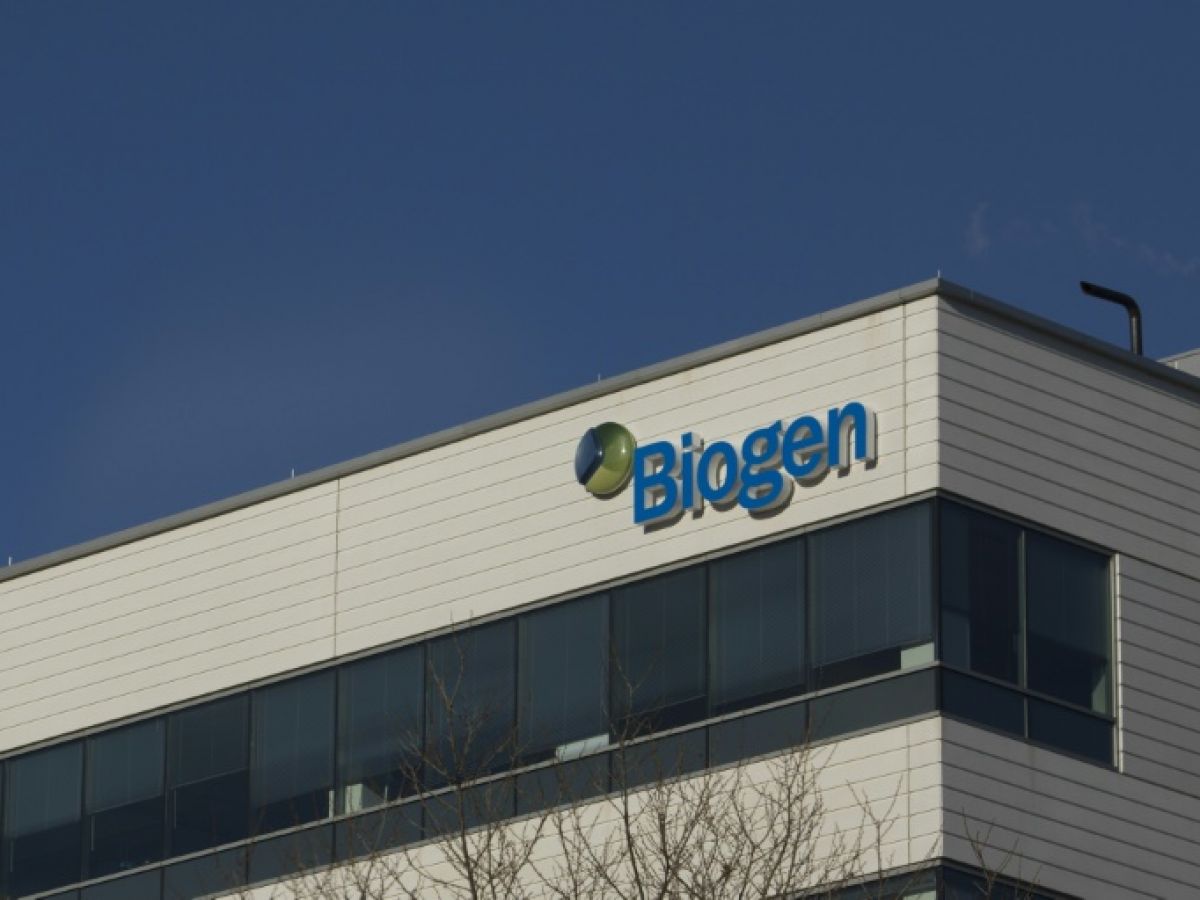Leqembi, a new treatment for Alzheimer's disease, will not be reimbursed immediately in France. Its High Authority for Health (HAS) is skeptical, citing side effects that are far too serious compared to the insignificant benefits. Early access to Leqembi was not retained", summarized Pierre Cochat, president of the HAS transparency commission, during a opinion delivered on September 9 by the institution and eagerly awaited by specialists in Alzheimer's disease, the most common form of dementia with tens of millions of sufferers worldwide.
Leqembi (lecanemab), developed by Biogen and Eisai, is one of the main hopes that patient and family associations are clinging to, as is a similarly functioning treatment, Kisunla (donanemab) from Eli Lilly. In their clinical trials, these drugs were able to slightly slow the decline of patients whose disease was just beginning. Many specialists therefore see this as a major advance, while Research into anti-Alzheimer's drugs stalls for decades.
But others regret an illusory hope, believing that the observed benefits are so meager that they do not make a difference for patients, especially since serious and sometimes fatal effects – hemorrhages and cerebral edema – are clearly proven.
Read alsoAlzheimer's disease: first treatments change the game
Lively controversy
According to these skeptics, the low efficacy of these drugs means that research has been focusing for too long on an inadequate path, followed by both Leqembi and Kisunla: seeking to limit the formation of plaques of proteins called amyloid in the brains of patients.
The HAS, whose opinions are advisory but generally followed by the government, is therefore speaking out at a time when the controversy remains lively and other health authorities have already spoken out. The United States has already approved these treatments, and the European Union (EU) has done the same. But, after initially refusing to give the green light, the latter finally gave its approval only last spring, restricting it to patients at the lowest risk of serious side effects.
Above all, authorization does not mean reimbursement, even though these drugs are expensive: they cost several tens of thousands of dollars per year in the United States. In a sign that the distinction is important, the United Kingdom disappointed the associations by authorizing these treatments in principle, but without validating their reimbursement.
It is on this last point that the HAS had to decide and, more specifically, on the merits of a " early access"This means that the drug can now be reimbursed at a price set by its manufacturer. This means there is no need to wait for the normal procedure. The benefit is for patients to have access to an innovative treatment, and for the laboratory to quickly market its drug.
Benefits " very insufficient“
This will not be the case for Leqembi. The HAS concludes, in view of the studies provided by the laboratories, that there is no justification for granting such preferential treatment. We know how much hope everyone had.", acknowledged Mr. Cochat. But he puts the benefits into perspective" very insufficient compared to what was expected " with " side effects that are not mild at all“.
This does not call into question the possibility that Leqembi will one day be reimbursed in France. The HAS, which will decide within a few months on the advisability of a normal procedure, assures that nothing is excluded. But " It is obvious that we cannot expect a fantastic evaluation.", warned Mr. Cochat.
Within the medical world, this decision has provoked contrasting reactions, between those convinced of Leqembi and those sceptical of it. There is still a disappointment", admits researcher Bruno Dubois, neurologist at the Pitié-Salpêtrière hospital (AP-HP), to AFP, calling for not neglecting the interest of " a few more months to be able to talk to your grandchildren or go to the theater“.
On the contrary, " It is the best decision for Alzheimer's patients and their families", assures AFP the British psychiatrist Rob Howard, specialist in old age at University College London, according to whom more recent data confirms that Leqembi and Kisunla " do not actually modify the disease“.
